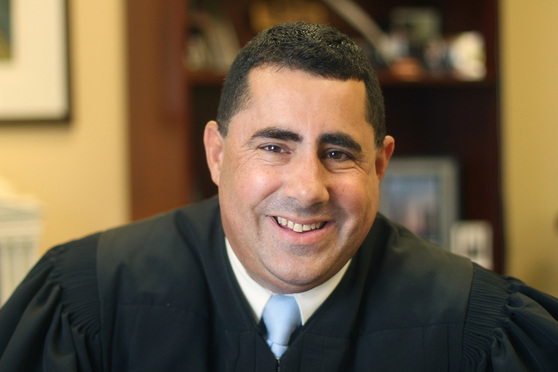Navigating Bail and Pre-Trial Procedures: Stephen Millan’s Legal Perspective
Navigating Bail and Pre-Trial Procedures: Stephen Millan’s Legal Perspective
Blog Article
The area of criminal safety is continually changing, and nobody recognizes that better than Stephen Millan. As an skilled attorney with a forward-thinking approach, Stephen Millan has developed a distinctive perception on the ongoing future of offender defense. With improvements in engineering, appropriate practices, and societal expectations, the landscape of offender law is undergoing a transformation, and Millan envisions another wherever creativity, fairness, and efficiency get center point in security strategies.

Adopting Engineering in Offender Safety
One of the very most substantial changes Millan anticipates may be the increasing position of technology in criminal defense. From synthetic intelligence (AI) and information analytics to advancements in forensic research, engineering is revolutionizing the way cases are organized and argued. Millan anticipates that as time goes by, AI resources is going to be essential to case planning, helping safety attorneys sift through big amounts of evidence, discover patterns, and identify disadvantages in the prosecution's situation more efficiently.
Electronic platforms may also improve connection between clients and attorneys, making it simpler for defendants to keep educated and connected. The utilization of virtual courtrooms and electronic evidence presentation, especially accelerated by the COVID-19 pandemic, is anything Millan needs to carry on rising, providing more available and effective approaches to perform trials.
A Give attention to Offender Justice Reform
Millan is also profoundly focused on criminal justice reform, a cause that he thinks may form the ongoing future of criminal defense. He envisions a future where in fact the justice system prioritizes rehabilitation over punitive procedures, especially for non-violent offenders. With rising public awareness about mass incarceration and its societal influences, Millan sees an opportunity for defense attorneys to play an integral role in driving for more gentle sentencing policies and solutions to jail time, such as for example community-based applications and restorative justice practices.
More over, Millan envisions a system where racial and socioeconomic biases are addressed more effectively. He feels that as more information is gathered on disparities in sentencing and arrests, there will be a higher force for fairness in the legal system, resulting in improvements in how criminal defense is practiced and how policies are enforced.
The Rise of Collaborative Safety Clubs
In the foreseeable future, Millan foresees the rise of collaborative security teams consists of not only attorneys but also specialists in fields like psychology, forensic technology, and social work. These teams can work together to address the complexities of each situation, providing more extensive and holistic protection strategies. By leveraging the experience of multiple experts, the defense could possibly offer more well-rounded fights, concern the prosecution's evidence more successfully, and finally increase outcomes for clients.
This process aligns with Millan's belief that offender safety shouldn't be considered a solitary endeavor. Instead, security attorneys will work along side specialists to ensure every part of the event is totally reviewed and every probable defense avenue is explored.

Teaching the Public on Offender Legislation
Still another vital part of Stephen Millan's perspective for the future is educating the general public about their rights and the offender justice system. He envisions a future wherever individuals are better prepared to comprehend the legal processes they may encounter. As criminal safety lawyers like Millan carry on to boost recognition about problems like wrongful convictions, bail reform, and the importance of legal illustration, Millan feels that the general public may be more practical in seeking justice and more conscious of the sources available to them. Report this page